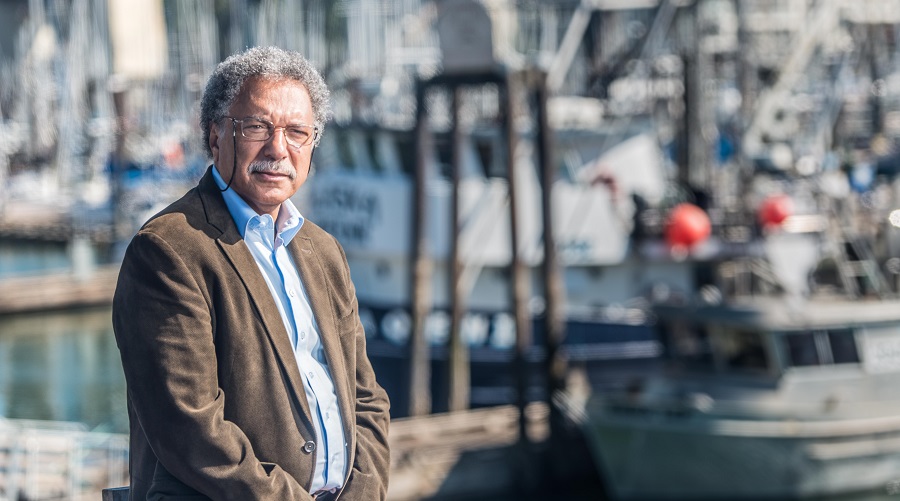The Sea Around Us Principal Investigator, Dr. Daniel Pauly, is amongst the top 0.01% of the world’s scientists based on the impact of his publications.
Category: New & Notable
China’s Bohai Sea left with only tiny fish
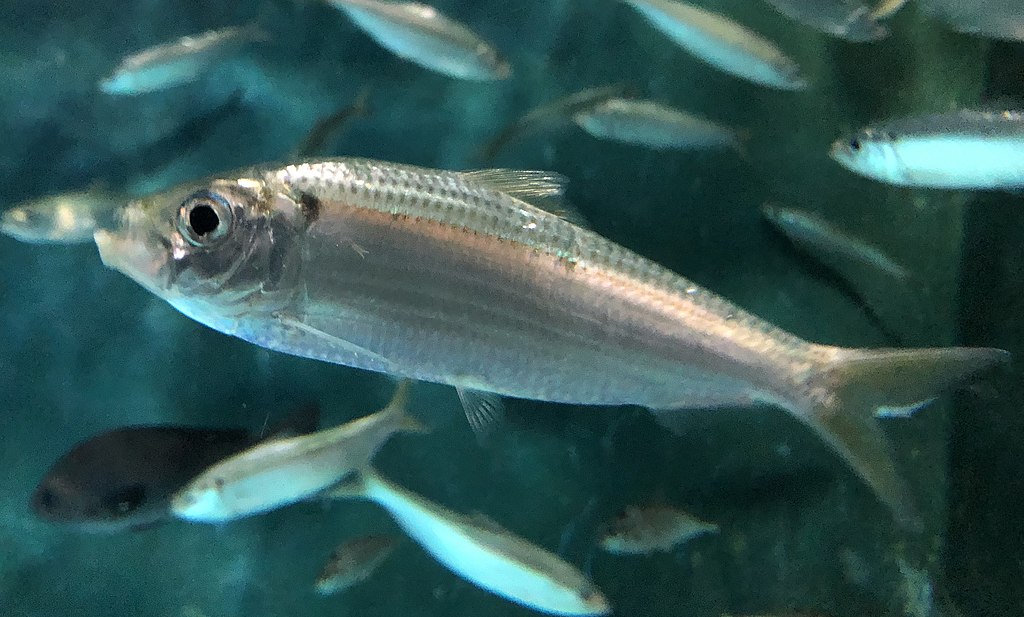
Japanase sardinella. Image by Totti, Wikimedia Commons.
Smaller fish and invertebrates, such as gazami crab or Japanese sardinella, are replacing larger, more commercially valuable fish such as largehead hairtail in the Bohai Sea in northeastern China.
A new study by scientists with the Chinese Academy of Sciences and the Sea Around Us initiative at the University of British Columbia’s Institute for the Oceans and Fisheries shows that industrial fisheries have severely affected food webs in the Bohai Sea, with organisms that occupy lower levels in the food web becoming more common than larger predators.
Figuring out total human impacts on biodiversity
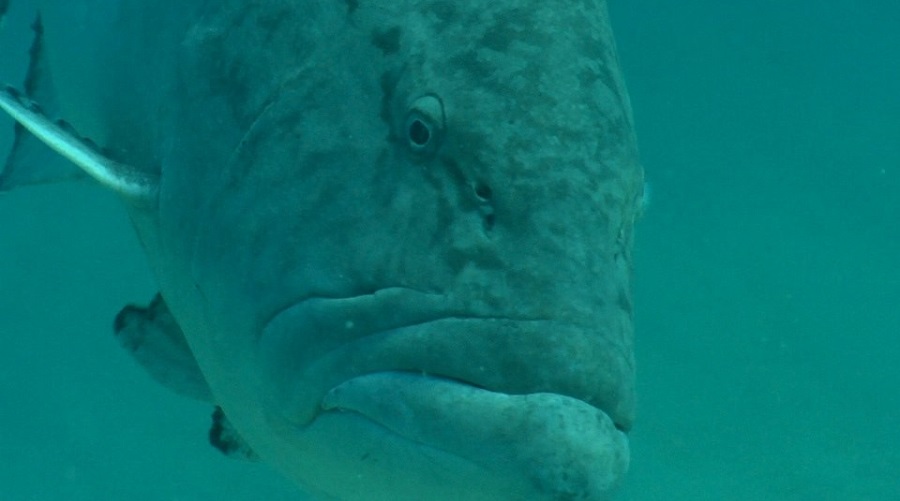
Gulf grouper. Photo by Alfredo Barroso, Wikimedia Commons.
How much have humans affected the population of other species on the planet? A new methodology for documenting the cumulative human impacts on biodiversity aims to answer this question.
Dubbed EPOCH -for Evaluation of Population Change- the methodology was developed by a group of scientists from universities in Europe, Asia, and North America. It provides a standardized framework for organizing disperse data on individual species or populations of animals and plants that have been affected by urbanization, pollution, fishing, hunting, over-harvesting, and other anthropogenic activities.
Theory explains biological reasons that force fish to move poleward as climate change heats up the ocean
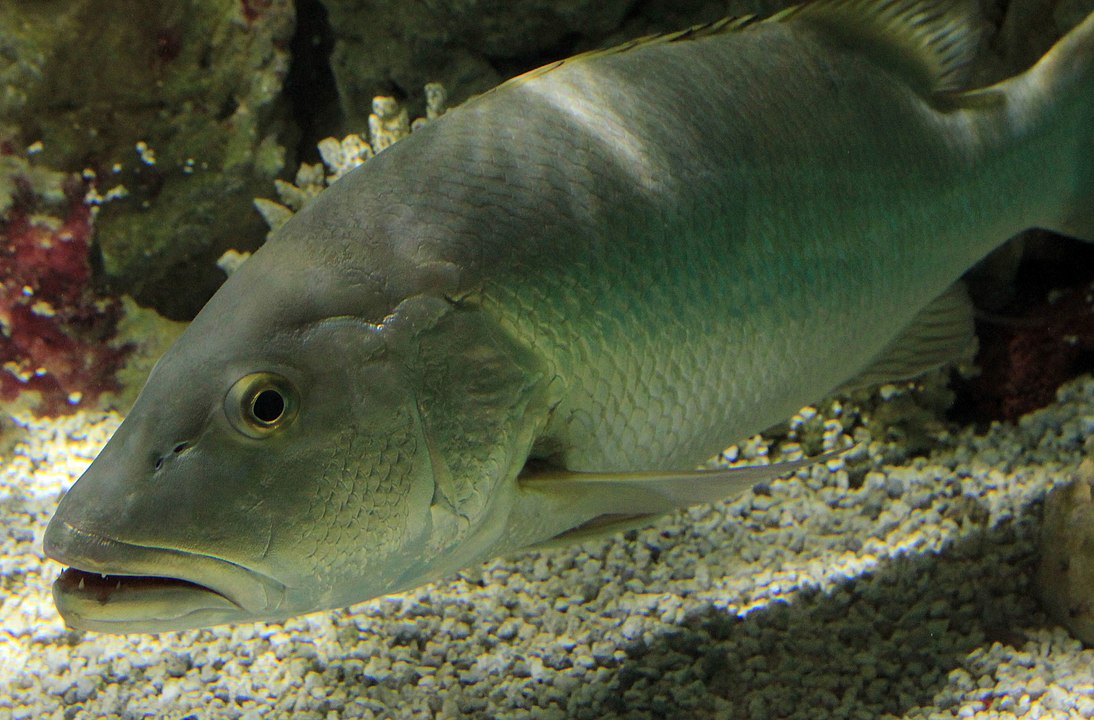
Cubera snapper. Photo by Yinan Chen, Wikimedia Commons.
The Gill-Oxygen Limitation Theory, known as GOLT, explains the biological reasons that force fish, particularly larger or older ones, to move poleward when the waters in their habitats heat-up due to climate change.
A solution to our plastic problem
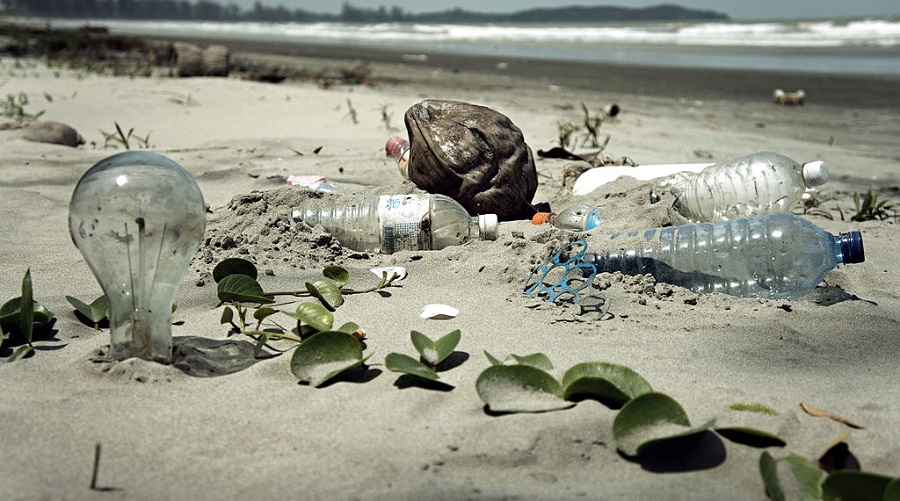
Plastic pollution in Malaysia. Image by epSos.de, Wikimedia Commons.
The Minderoo Foundation, one of the Sea Around Us partners, announced that it will allocate $300 million to its recently launched Sea The Future initiative, a project whose goal is to push for a global, market-driven intervention to reduce and stop the production of plastics.


